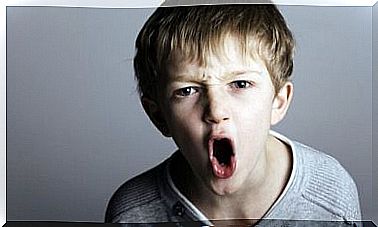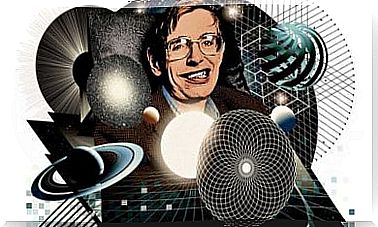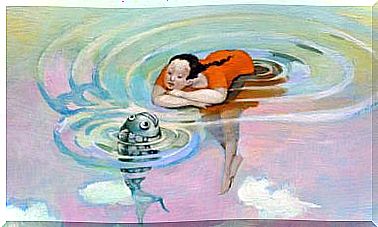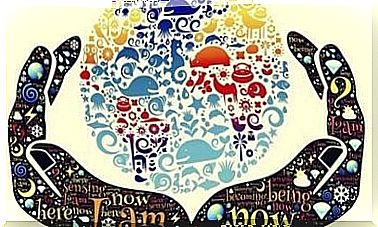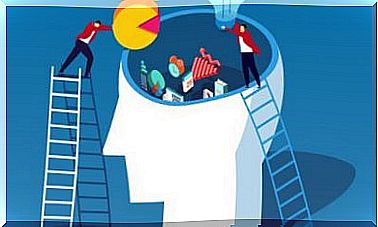Hick’s Law And Decision Making
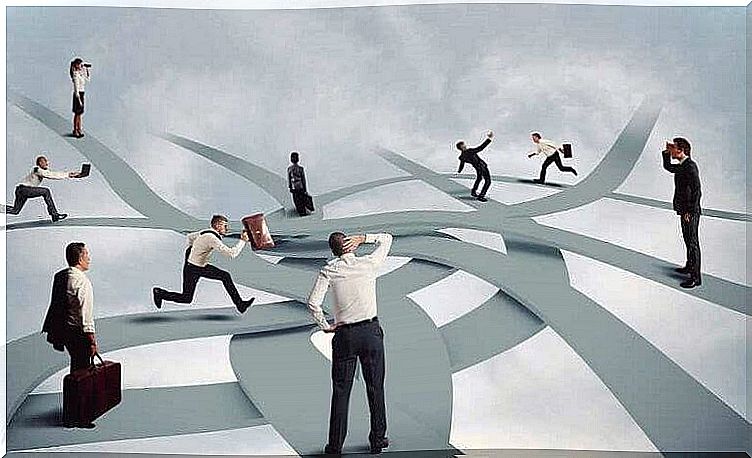
Decision making is a complex process in which experience, emotions and will are involved. For this reason, science has studied for years the mechanisms that come into play when we make a decision. Hick’s law explains this process as a function of time.
Hick’s Law is a principle discovered by William Edmund Hick and Ray Hyman. It measures how long a person takes to make a decision. As the number of alternatives increases and the complexity and divergence in them increases, the time required to make a decision will therefore obviously increase. This duration follows a logarithmic pattern.
Literally, Hick’s law presents this: ” The time a person spends making a decision is proportional to the ‘decision entropy’ that is, to the quantity and complexity of the alternatives that exist ” . Decision entropy refers to the difficulties introduced by the possible options.

The emergence of Hick’s Law and its applications
The history of the law of Hick appeared in the late 19 th century. J. Merkel found that when a stimulus belongs to a larger group of stimuli, people take longer to respond.
Hick and Hyman performed a series of experiments. They thus succeeded in finding that it is possible to calculate the time taken by each person to make a decision according to the number of alternatives they face. All of this was expressed by a mathematical formula.
Surprisingly, the main application of this formula is associated with video games. The creators of the latter reduce the time required to make decisions in a given game in order to create tension. On the contrary, they can also lengthen the time available to release this tension.

Time and accuracy
Some people, while the more time they devote to making a decision, the higher the likelihood of choosing the best option. This is not the case. Sometimes we make very studied decisions and they are incorrect. The opposite is also happening.
Hick’s law simply allows you to calculate the time to reach a decision through a universal mathematical formula. It is therefore applicable to all human beings. However, for the decision to be correct, four factors come into play:
- Experience : Experience is empirical knowledge. In general, it carries a greater weight than the theoretical knowledge which it implies, but it includes certain aspects in its application. Experience is perhaps the most important factor in making a good decision.
- Good judgment : By good judgment, one evokes the mixture between the capacity of reasoning and the intellectual maturity. It refers to people who know how to weigh the pros and cons of situations and make a realistic comparison of them.
- Creativity : Creativity makes it possible to use knowledge from the past to associate it with concrete situations in order to create a new approach. A creative decision is a decision that innovates in some way.
- Quantitative skills: These relate to the ability to process the quantitative information involved in the situation in which a decision has to be made. In other words, it is the incorporation of statistical evidence.
Practical aspects of Hick’s law
Hick’s law gives us above all a criterion of value for making decisions. As he announces, the more options, the more time we will take to decide. So a smart strategy would be to minimize the number of alternatives that need to be considered.
A good way to do this is to list all of the available options. Then, they are ordered according to the risk they involve or the possible difficulty they could generate. Finally, we could specify the greatest benefit they could provide us. This is a basic risk analysis which is very useful in getting out of a situation of doubt.

Finally, you just have to choose the option that presents the most balance between risks and benefits. In this way, we avoid falling into a vicious circle in which every decision seems possible or viable. It’s a quick and efficient way to approach making decisions associated with a certain level of complexity.

